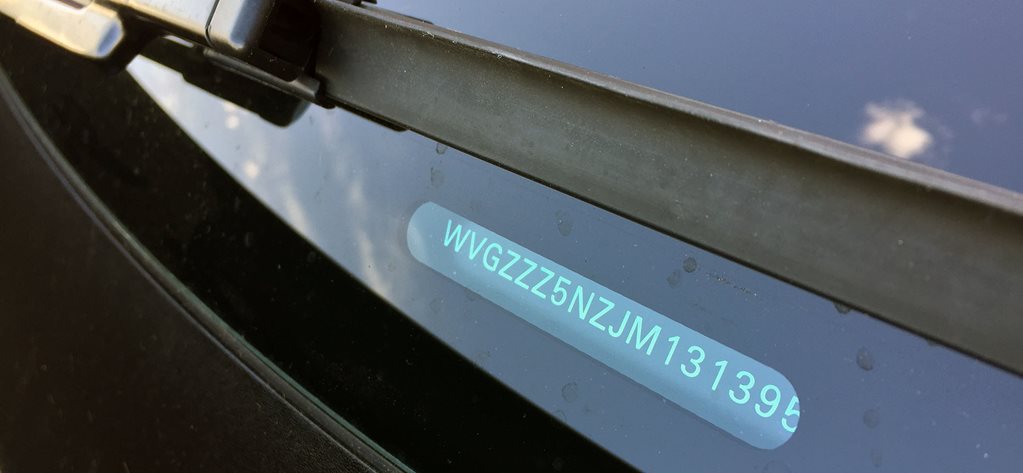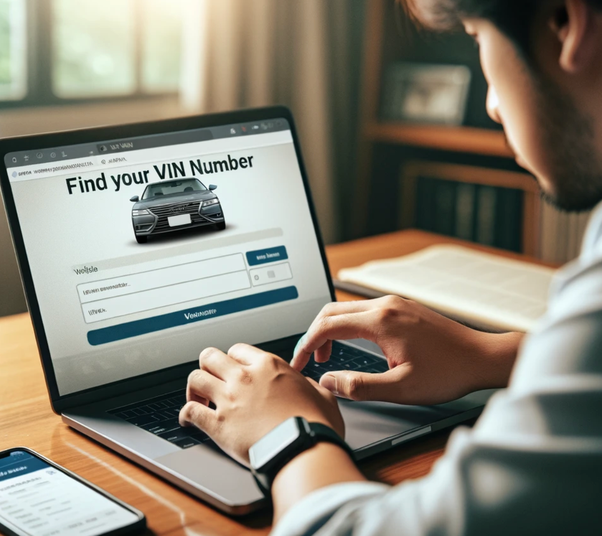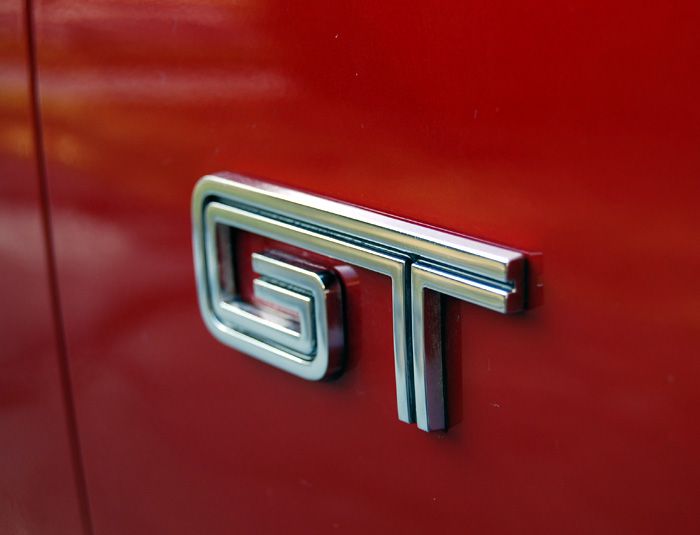How To Check Vin Number For Free?
Checking a vehicle’s VIN (Vehicle Identification Number) is like doing a background check on a car. The VIN is a unique code that tells you everything about the vehicle, from its manufacture details to its history. If you’re curious about a car’s past, whether it’s been in accidents, or just want to know more about its specs, checking the VIN is the way to go. Luckily, there are ways to do this for free. In this guide, we’ll share how you can check a VIN number at no cost, ensuring you have all the information you need before making a car-related decision.

How To Check Vin Number For Free?
Checking a Vehicle Identification Number (VIN) for free is an essential step if you’re considering buying a used car or simply want to learn more about your current vehicle. A VIN provides valuable insights into a car’s history, including accidents, maintenance records, and previous ownership. Here’s how you can check a VIN number for free:
1. Use Online VIN Check Services
Online VIN check services are invaluable tools for anyone looking to uncover the history of a vehicle. Websites such as the National Insurance Crime Bureau (NICB), VehicleHistory.com, and iSeeCars.com offer free services that allow you to enter a vehicle’s VIN and receive information regarding its history. This can include whether the car has been reported stolen, involved in significant accidents, or has a salvage title indicating it was deemed a total loss by an insurance company.
Steps to use online VIN check services:
- Gather the VIN from the vehicle. This can usually be found on the dashboard near the windshield on the driver’s side, or on the vehicle’s registration documents.
- Visit a reputable website that offers free VIN checks, such as the NICB, VehicleHistory.com, or iSeeCars.com.
- Enter the VIN in the search bar provided.
- Review the report for any red flags or important history about the vehicle.
2. Visit Manufacturer Websites
Some car manufacturers offer free VIN checks through their official websites. These checks can provide detailed information about the vehicle, including warranty status, recall information, and sometimes service history. This option is particularly useful if you’re interested in a specific brand and want information directly from the source.
Steps to check VIN on manufacturer websites:
- Locate the VIN of the vehicle of interest.
- Go to the official website of the vehicle’s manufacturer.
- Look for the VIN search option, which may be under sections like “Owner,” “Safety Recalls,” or “Service.”
- Enter the VIN and access the information provided. This might include warranty details, whether the car was subject to any recalls, and service history if available.
3. Check with the Local DMV or RMV
Your local Department of Motor Vehicles (DMV) or Registry of Motor Vehicles (RMV) can be a resource for checking a vehicle’s history through its VIN. Some states offer free online tools or in-person services to look up VIN information, including title status, registration history, and emissions testing records.
Steps to check VIN through DMV or RMV:
- Collect the vehicle’s VIN.
- Visit your state’s DMV or RMV website to see if they offer VIN lookup services.
- If available, use the online tool to enter the VIN and receive the vehicle’s history. Alternatively, you may need to visit a local office in person.
- Analyze the report for any potential issues or historical data that could influence your decision on the vehicle.
4. Use Social Media and Online Marketplaces
Some social media platforms and online marketplaces where vehicles are sold may provide avenues for obtaining information about a vehicle’s past. Sellers might voluntarily share the VIN and history reports, or you could request this information directly for a private check.

Steps to use social media and online marketplaces for VIN checks:
- Identify the vehicle of interest in social media groups, forums, or online marketplaces.
- Request the VIN from the seller if it’s not already provided.
- Use the VIN in any of the free check services mentioned earlier.
- Carefully review the vehicle’s history before proceeding with any purchase.
Benefits of Checking VIN Number
There are several key benefits to checking a vehicle’s VIN number, both for those considering buying a used car and for current car owners:
For Potential Car Buyers:
- Avoid Stolen Vehicles: A VIN check can reveal if a car has been reported stolen, giving you peace of mind and preventing you from unknowingly purchasing a stolen vehicle.
- Uncover Accident History: A VIN check can disclose a car’s accident history, including the severity of accidents and repairs performed. This information helps you assess potential safety concerns and negotiate a fair price.
- Maintenance Record Check: Some VIN checks can show service records, allowing you to see how well the car has been maintained and identify any potential upcoming repairs.
- Ownership History: A VIN check can reveal the number of previous owners a car has had. This can be a factor in determining the car’s overall condition and potential wear-and-tear.
- Identify Salvage Titles: A VIN check can identify cars with salvage titles, which indicates the car was once deemed a total loss by an insurance company. This can significantly impact the car’s value and raise red flags about its condition.
For Current Car Owners:

- Safety Recalls: A VIN check can reveal any open safety recalls on your vehicle. Safety recalls indicate a manufacturer-identified safety issue that requires a free repair. Getting these repairs addressed is crucial for your safety and the car’s performance.
- Accurate Insurance Quotes: When obtaining car insurance quotes, providing the VIN ensures the insurer has the exact details of your car. This allows them to provide the most accurate quote based on your specific vehicle.
- Parts Ordering: The VIN number is essential for ordering replacement parts that are compatible with your specific car’s model and year.
Overall, checking a VIN number empowers you to make informed decisions about a car’s history, safety, and value.
Frequently Asked Questions

Hi! I’m Larry Gibbs, studying mechanical engineering with a focus on cars. I really love Ferraris and write blog posts about the latest car stuff. When not studying or blogging, I’m usually on a road trip exploring new places. I also enjoy playing football and watching movies. Life’s an adventure, and I’m all about enjoying the ride!






